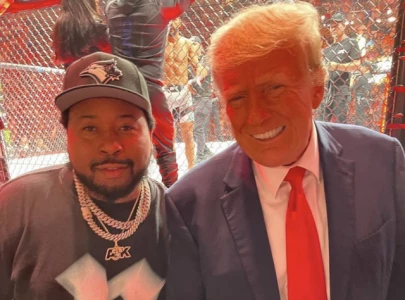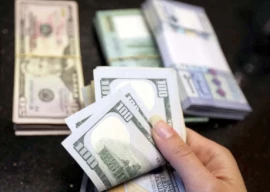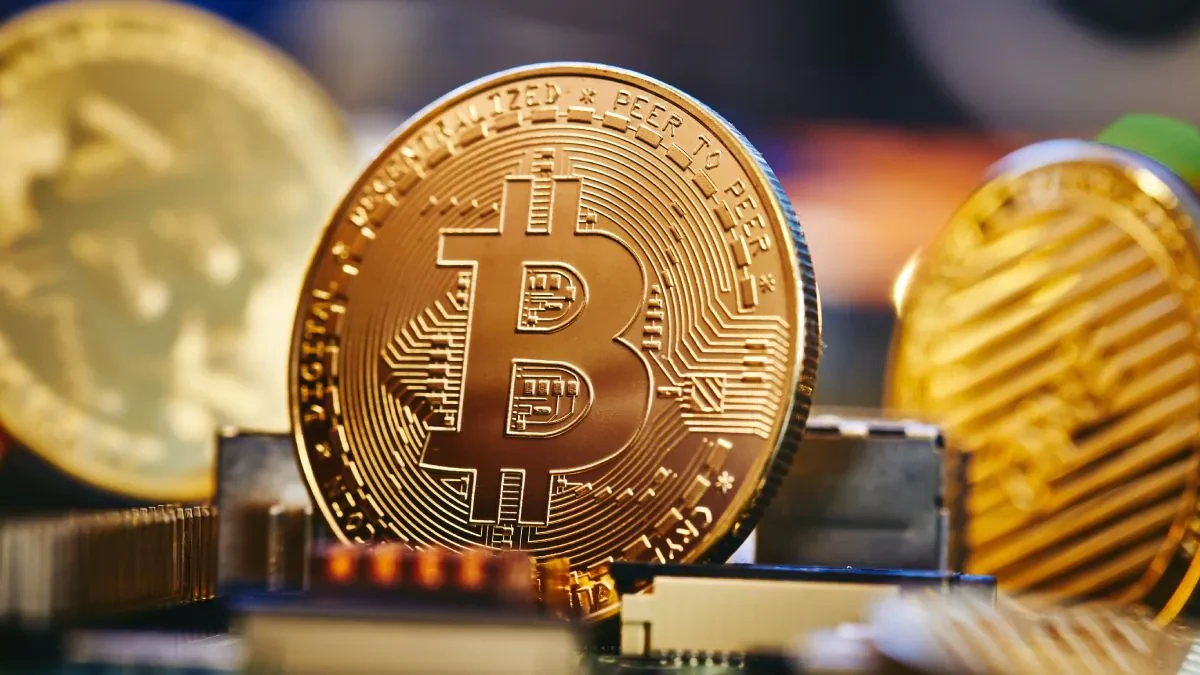
Perhaps, the only initiative each of the three civilian governments took in the past around 10 years at the start of their terms was to set up the Economic Advisory Council (EAC) to suggest some out-of-the-box solution. Every council came to the same conclusion – the government needs to curb “luxury” imports.
What the term luxury entailed, it was never defined. Each government cited a couple of products including mobile phones whose import was identified as the root cause of all evils. Some other products were also cited as a populist measure.
In the case of the Pakistan Peoples Party (PPP) government, it was too much chocolate coming in, for the Pakistan Muslim League-Nawaz (PML-N), it was pet food and now for the Pakistan Tehreek-e-Insaf (PTI) government, it is cheese.
But it was never meant to be a few selected items. The task of identifying and curbing luxury imports was left to the Federal Board of Revenue (FBR) every time. Since FBR’s aim is to raise more taxes and the easiest way is to raise indirect taxes, it treats almost every item as a luxury.
Raising tariffs made the industry less competitive and made smuggling more lucrative. Consumer welfare suffered but none of the governments cared for these problems.
As a result, the gap between the economic performance of Pakistan and that of its competing countries has been widening.
After having levied extra import taxes, the next advice for every incoming prime minister was to steeply devalue the currency and seek loans or grants from friendly countries such as Saudi Arabia and also ask for deferring payments for oil. After some cajoling, each time the Saudis accepted the request. Also, the PPP and PTI conceded to steeply devalue the currency.
Each time, these measures achieved little or no success and each time, the International Monetary Fund (IMF) had to be approached for a bailout package. Once an IMF package had been secured and some conditions met temporarily, there were never any plans beyond short-term stabilisation.
There has never been any serious thinking as to how the external sector could be made sustainable or how to proceed after some stability had been achieved. Many other countries who were at one time regular borrowers from the IMF, like Pakistan, were able to get rid of their reliance on the lender. Two relevant examples are Turkey and India. Turkey was a regular borrower from the IMF. It signed 19 standby agreements over a period of 50 years. Its last serious crisis was in the early 2000s.
The then government looked around the world for a credible economist who had a worldly exposure. They found Kemal Dervis, a distinguished economist who had obtained his PhD from Princeton University and had a long stint at the World Bank.
Immediately after taking over as the Minister of Economic Affairs in 2001, he embarked on deep structural changes. These included strengthening the independence of the central bank and serious reforms in several sectors while focusing on agriculture, energy and the budget process. The programme was only half way when the government changed.
But the incoming government of Prime Minister Erdogan continued the reforms plan. As a result of sustained reforms, Turkey never had to borrow again from the IMF.
Similarly, when India had to approach the IMF in quick successions in 1986 and 1991 and meet some humiliating conditions to keep it from bankruptcy, it realised that unless it took long-term corrective steps, the country would have to repeatedly go back to the IMF or other countries. They were fortunate to find Oxford-educated globalist like Manmohan Singh to head the Ministry of Finance and later to continue as prime minister.
He started integrating the Indian economy with the rest of the world by modernising its trade and monetary policies. As a result of those reforms, India was able to build up foreign exchange reserves of over $100 billion by 2003. It then paid off all the IMF loans and never had to return for another bailout.
India and Turkey did not depend on anyone’s largesse. They had to meet difficult conditions of reform and integrating their economies with the rest of the world, but they knew it was in their long-term interest. The governments did not yield to powerful lobbies and both are now amongst leading exporters in the world.
It is time Pakistan also takes a new path as successful countries have done and adopt a proper plan to make progress. Unfortunately, we were unable to avail the services of Atif Mian, but there are many brilliant Pakistanis, who can do for us what Kemal Dervis or Manmohan Singh did for their countries.
It must, however, be ensured that the person tasked with economic reforms must have a global outlook and not stuck in the 20th century policies of import substitution. He/she should also have a proven track record of reforms either at the national or international level.
The writer served as Pakistan’s ambassador to the WTO from 2002
to 2008
Published in The Express Tribune, November 12th, 2018.
Like Business on Facebook, follow @TribuneBiz on Twitter to stay informed and join in the conversation.




1719745858-0/BeFunky-collage-(1)1719745858-0-165x106.webp)

1730892765-0/Express-Tribune--(11)1730892765-0-270x192.webp)










COMMENTS
Comments are moderated and generally will be posted if they are on-topic and not abusive.
For more information, please see our Comments FAQ